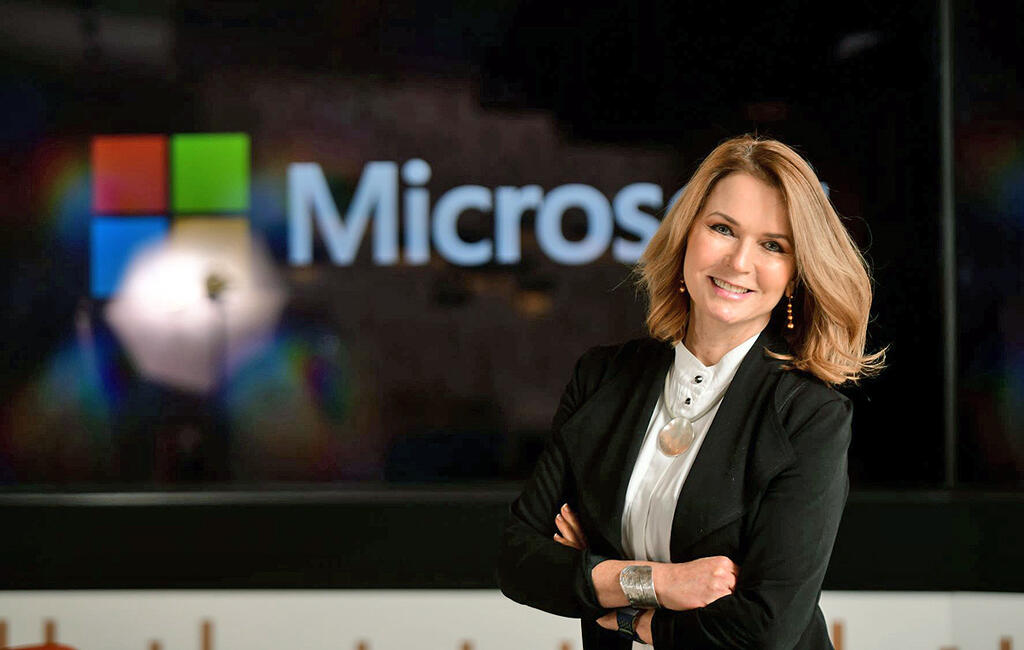
Opinion
Despite—and because of—the challenges, bet on Israeli tech
Investing in Israeli tech is more than a financial decision; it's a bet on the nation's ability to innovate and overcome challenges, even in times of conflict
It’s almost the end of the year, time for taking stock and making resolutions for the new year. Here’s one I think should be adopted far and wide: Invest in Israeli tech.
On the surface, this may seem counter intuitive. Israel, after all, is currently struggling to return its hostages and very much still engaged in battle with a terrorist organization that murdered more than 1,400 Israeli citizens. The prolonged fighting is taking its toll, with troves of employees leaving their day jobs to join reserves, making this an exquisitely expensive conflict, and costing Israel approximately $270 million daily.
And still, investing in the Israeli economy remains a bet worth taking.
Let me explain.
The first reason is also the simplest: because Israeli cyber startups never stopped growing. Even during the last couple of months, in the height of the war, Wiz acquired its first company – Tel Aviv-based Raftt, and Palo Alto Networks acquired both Dig Security and Talon Cyber Security - founded by alumni of the elite 8200 Military Intelligence unit - for just about a billion dollars, proving that the industry is still producing some of the world’s leading cyber products. I had the opportunity to witness that same resilience firsthand, seeing our own employees at Microsoft Israel R&D Center step up during this challenging time and deliver their part in some of Microsoft’s leading products announced at Ignite 2023.
The Israeli ecosystem achieved this success over the past few months when a vast part of the Israeli workforce was mobilized and as companies continued to offer team members supportive services and resources. This tells you everything you need to know about the resilience of our people and our industry. When it matters most, start-up nation turns into rise-up nation, coming together to overcome its challenges.
Which leads me to the second reason.
It's a profound truth that necessity is the mother of innovation, and necessity is never felt more acutely than in times of war. Years of ongoing rocket barrages, for example, have led Israel to develop sophisticated air defense systems like David’s Sling, Iron Dome, and Iron Beam, which help keep its citizens safe against missiles launched from a wide array of ranges.
Similarly, it’s safe to assume that the coming months and years will bring not only, one hopes, a resolution to the conflict, but also a flurry of new and essential technologies designed to make sure the world’s most nefarious actors - including malicious hackers and terrorist groups - can never again breach our lines of defense and inflict suffering on innocents.
Related articles:
The third reason to support Israeli technology is our partners. Earlier this year, I had the privilege of speaking at the Middle East Cybersecurity Conference at the Emirates Palace in Abu Dhabi, sharing the stage with several of my Microsoft colleagues as well as UAE officials. We share the realization that cybersecurity collaborations between the signatories of the Abraham Accords are vital to keeping our region peaceful and thriving for many years to come.
This future of collaboration is still very much within reach. To grasp it, we must respond to dark acts of terror with innovation, replacing grief and darkness with light, safety, security, and growth. If the last few weeks in Israel’s tech industry are any indication, we’re poised to do just that. Anyone joining us is in for a worthwhile ride.
Michal Braverman-Blumenstyk is Corporate Vice President at Microsoft, Managing Director of Microsoft Israel R&D Center, and CTO of Microsoft Security














